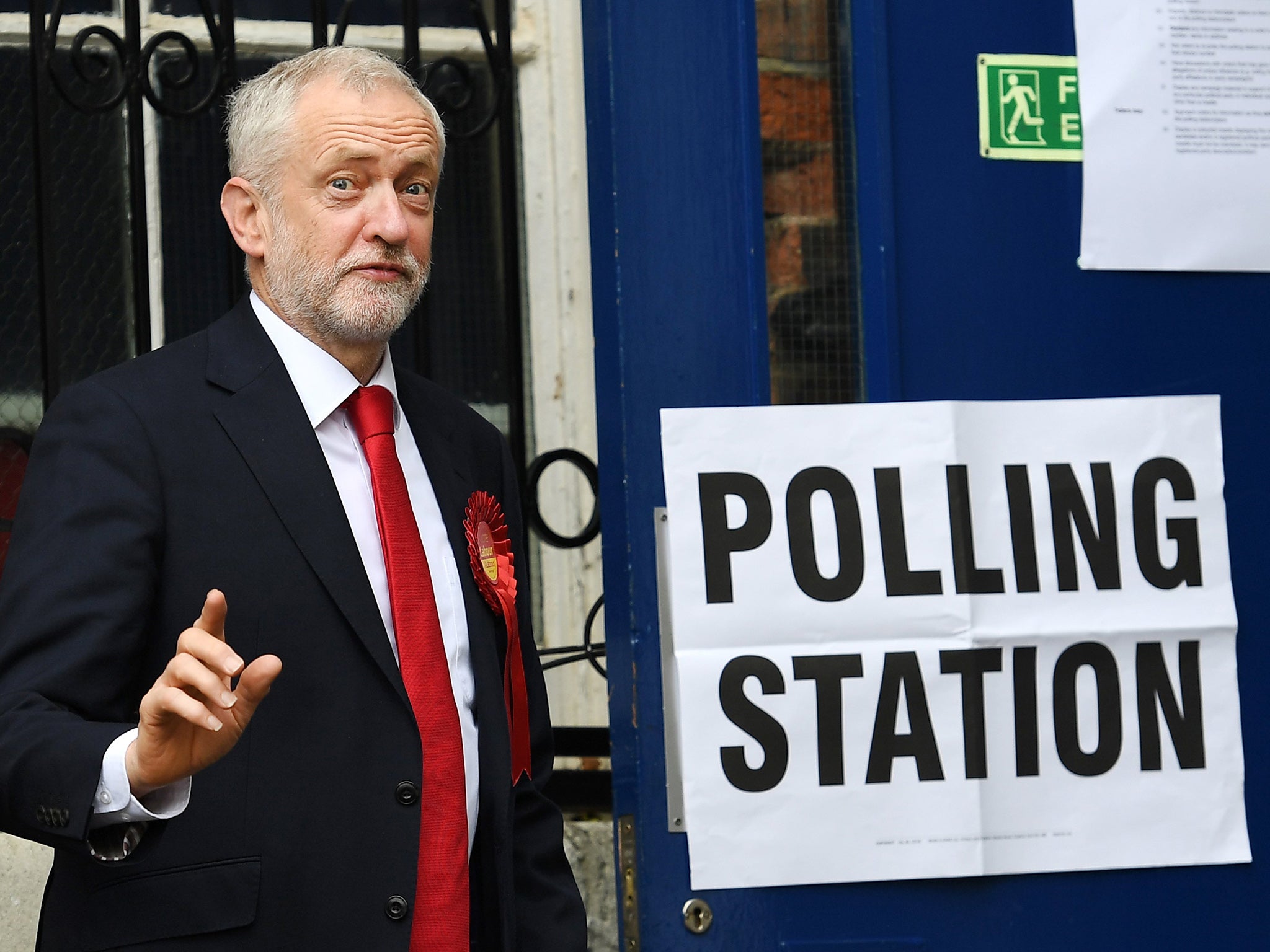The votes of ethnic minorities made a big difference to the general election – Labour should take note
This strong showing for Labour had an effect on key marginals like Croydon Central, where 38 per cent of the electorate are from an ethnic minority background. In many Tory gains, the BME population is below five per cent


Your support helps us to tell the story
From reproductive rights to climate change to Big Tech, The Independent is on the ground when the story is developing. Whether it's investigating the financials of Elon Musk's pro-Trump PAC or producing our latest documentary, 'The A Word', which shines a light on the American women fighting for reproductive rights, we know how important it is to parse out the facts from the messaging.
At such a critical moment in US history, we need reporters on the ground. Your donation allows us to keep sending journalists to speak to both sides of the story.
The Independent is trusted by Americans across the entire political spectrum. And unlike many other quality news outlets, we choose not to lock Americans out of our reporting and analysis with paywalls. We believe quality journalism should be available to everyone, paid for by those who can afford it.
Your support makes all the difference.Corbyn and the Labour Party shocked the political establishment by gaining seats in the election, rather than being wiped out in the predicted Tory landslide. Much has been made of how the young rallied to the vision of the Corbyn, particularly in university towns, delivering historically Conservative seats like Canterbury.
However, while the youth vote is key factor in the result, we should not underestimate the impact that ethnic minority voters had on the outcome.
It should come as no surprise that an estimated 65 percent of ethnic minority voters opted for Labour. The party has a track record on equalities legislation and supporting the urban areas where the majority of minorities in the country live. This strong showing for Labour had an effect on key marginals like Croydon Central, where 38 per cent of the electorate are from an ethnic minority background. It is no coincidence that Kensington, which had never before been Labour, turned red and is home to a 32 per cent minority electorate. Across the multicultural capital, there was a Labour surge that led to a 10 per cent swing to Labour in Battersea to overturn a previously safe majority.
The power of the minority vote was also seen in the re-election of Diane Abbott, who was ridiculed by the press, but secured a majority of over 35,000 in Hackney and Stoke Newington (the constituency is home to a 42 per cent minority electorate).
Outside of London, Labour gained Peterborough, Reading and Bedford – all places where over a fifth of the electorate are from an ethnic minority.
The contrasts to the Tory gains across the country could not be any starker. They gained seats like Derbyshire North (1.9 per cent ethnic minority); Middlesbrough South (2.5 per cent); and Clacton (2.6 per cent). In England the average size of the ethnic minority electorate in seats where that the Conservatives gained is 4.5 per cent – for Labour, the figure is 14 per cent. Ultimately, the keys to Number 10 are still decided by the white vote.
However, the Brexit was perhaps the best example of the racial fault line in British politics, with 53 per cent of white voters wanting to leave and 73 per cent of black people voting to remain. If Britain was as diverse as America, the ethnic minority vote as a whole would have kept the nation in the EU. But Britain is not America – and beginning the mobilisation of the ethnic minority vote can only take Labour so far.
For all the success at this election the Tories are still the largest party and Labour is a long way from a parliamentary majority.
I was driving from Birmingham to Manchester recently and the sea of blue seats between the two cities is a reminder of the places that Labour will need to turn red in the next election to gain power. If they are to truly do this, they need to truly engage with the ethnic minority vote, and take it further than at this general election.
To do this, they will need to drop some baggage that they’ve been carrying around for quite some time.
Labour has been keenly aware of the racial fault line and has, in the past, pandered to xenophobic fears – at least since Gordon Brown’s pledge of “British jobs for British workers”. Miliband made sure he carved “controls on immigration” into his “Ed Stone”, and Corbyn’s lack of enthusiasm for the Remain campaign was a clear ploy to woo back lost voters from Ukip.
To this day, the evasion you hear every time John McDonnell does not commit to the single market is the sound of a silent anti-immigration nod.
Labour finds itself straddling the racial fault in British politics – they are boosted by a coalition of younger and ethnic minority voters in multicultural areas, but need to appeal to overwhelming white constituencies that voted strongly for Brexit.
The new electoral map clearly shows a surge to Labour in this general election – but their future power hinges on their ability to mediate this racial faultline, and appeal to minority voters. The electoral power that this group holds could sway a future election – but one thing that this election has proved, Corbyn cannot alienate ethnic minorities with anti-immigration rhetoric if he wants to become prime minister one day.
Join our commenting forum
Join thought-provoking conversations, follow other Independent readers and see their replies
Comments